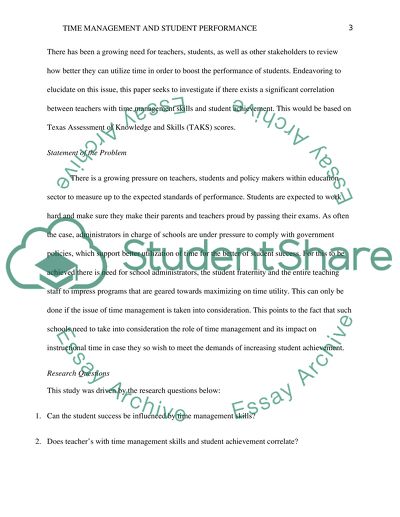Cite this document
(“Time Management Research Paper Example | Topics and Well Written Essays - 3000 words”, n.d.)
Retrieved from https://studentshare.org/education/1477745-time-management
Retrieved from https://studentshare.org/education/1477745-time-management
(Time Management Research Paper Example | Topics and Well Written Essays - 3000 Words)
https://studentshare.org/education/1477745-time-management.
https://studentshare.org/education/1477745-time-management.
“Time Management Research Paper Example | Topics and Well Written Essays - 3000 Words”, n.d. https://studentshare.org/education/1477745-time-management.


